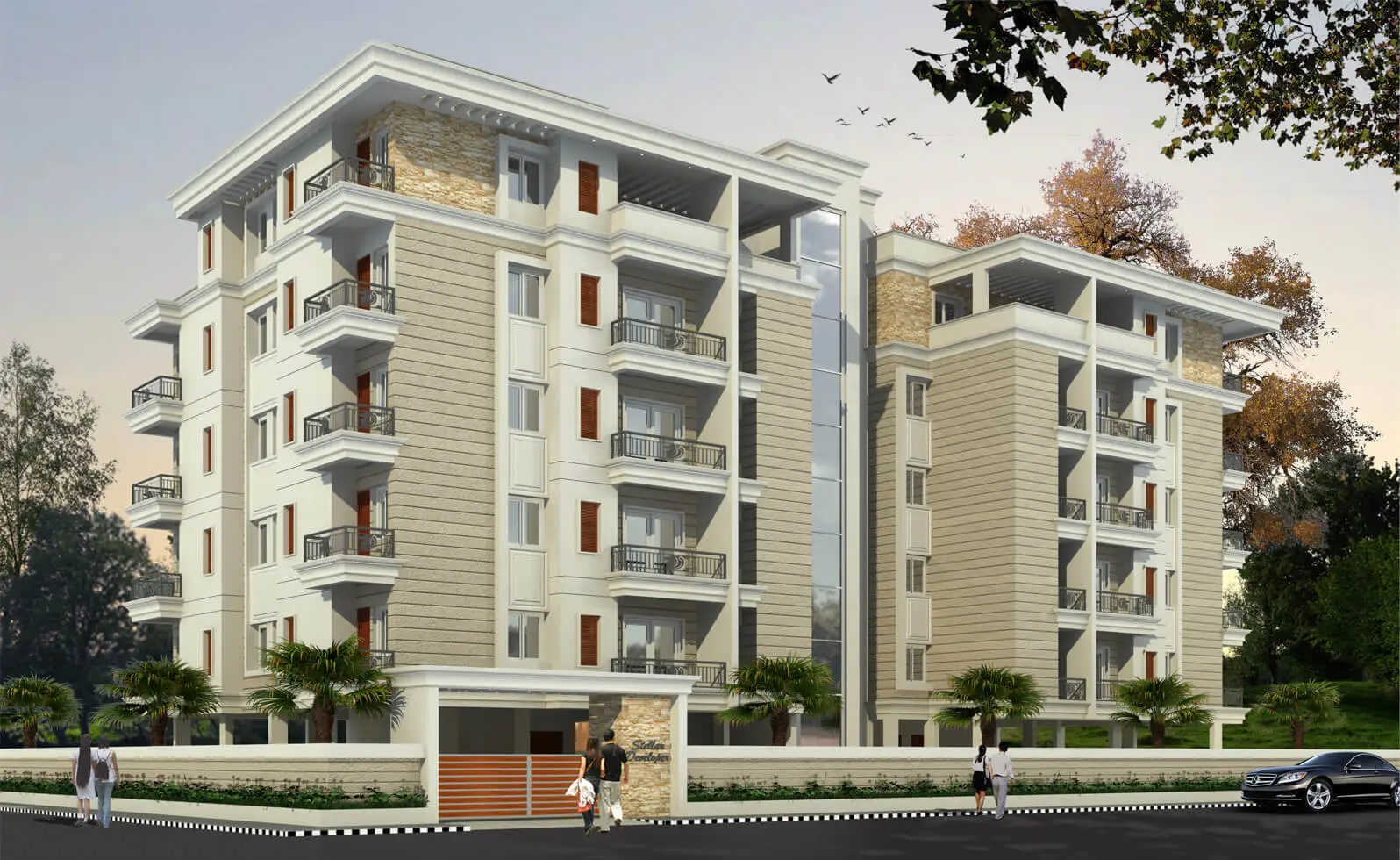
The World Health Organization declared this pandemic as a public health emergency; countries quickly imposed various restrictions on regular jobs. It led to delays in decisions on real estate for a short period, but the long-term impacts of it are still uncertain. The Coronavirus crisis has hugely impacted the world economy, including real estate. Some industry sources believe that the impact of the pandemic is likely to be felt beyond the lockdown period.
COVID 19 has put a stop to real estate projects, leaving it to bleed. For example, many developers in Chennai had to delay their projects in the Chennai Metropolitan Area as the construction workers were temporarily asked to suspend work. Ultimately, the buyers had to put a hold on investments. Many interested buyers are losing interest as the outbreak has hard-hit markets.
Impact of Coronavirus outbreak on Residential Areas in India
With the world economy at an all-time low, India may not remain unaffected by the global economic slowdown. In India, housing sales have tremendously fallen during the January-March period, showing a decline for the sixth time in a row. It has wiped out all chances of value appreciation in the property market. Some experts believe that in the future the prices could drop by at least 10 percent. India heavily relies on China for steel and steel-based products; the outbreak has strained the relations between the two countries leading to increased costs and reduced profits.
However, real estate developers like the Stellar builder, are diligently trying to strategize and innovate their business to keep up with the mounting pressures. The residential sector is believed to take a different path as the demand for affordable homes hasn't dented.
Impact of Coronavirus Outbreak on Commercial and Retail Developers in Chennai
Initially, the impact of the novel Coronavirus on India was not as bad as compared to other countries. However, currently, the virus is spreading like wildfire. Retail and hospitality industries have been badly hit. Footfall in malls has reduced to 30 percent; for example, many shopping malls in Chennai are sitting on a massive pile of unsold goods and facing mounting losses due to the pandemic. The rentals in the retail industry are also more likely to dip.
The imbalance in the global supply chain has impacted the commercial markets as well, delayed Shopping Malls in Chennai projects and reduced demands have made the sector relatively unstable. But it is believed that commercial markets will be the first to bounce back in the long term.
Shift in Trends
Work From Home has now become the new trend, it is expected to take residential housing to the next level. Future home buyers are likely to shift to areas that provide bigger homes and better lifestyle at affordable prices.
The millennials now found interest in buying homes rather than renting, as it is a cost-effective and safer approach in the COVID 19 era. Location, amenities and facilities matter but affordability is still an enduring concern in the backdrop of a faltering economy and job uncertainty.
Measures Taken by Developers to Ensure the Employees Safety
Amid current safety risks, developers are taking precautionary measures like temperature screening of workers and staff members and disinfecting offices. Stellar builders, for example, are using online marketing to expand the business, which includes e-brochures and specially designed content for social media.
As a preventive measure, they are providing their employees with alcohol-based hand sanitizer and disposable face masks. Many developers in Chennai are conducting health awareness camps to ensure that all are aware of the current scenario. Any staff member or employee found with any symptoms of COVID 19 is immediately being relieved of duty and is being sent for a medical check-up.
Initiatives Taken by the Indian Government to Provide Relief to the Real Estate Sector
In support of the real estate and construction sector, the Government has come up with measures such as -
- To benefit migrant construction laborers, a relief package of Rs. 1.71 lakh crore has been released.
- The Repo rate, Reverse repo rate, and CRR have been reduced by the RBI to lower the cost of the borrowing for the real estate sector and to help the delayed projects.
- Various State governments have offered compensation to migrant workers and are arranging food and temporary shelters for them.
- The mobile application 'Aarogya Setu' is another initiative taken by the Government to spread awareness via a mobile phone.
- All the contractors engaged with government infrastructure have been given an extension to complete their projects.
- Financial relief and moratorium support have been sought from State Governments and its Bodies towards the sustenance of the Malls. Shopping malls, like the ones in Chennai, unfortunately, have not found much favor from the Government.
Unlocking of the Major Sections of the Economy
After four stages of strict nationwide lockdown, India has finally taken steps to unlock significant sectors of the economy. It includes the real estate and construction sector. Social distancing and sanitation norms are to be followed religiously. Adequate safety and hygiene have to be maintained at all construction sites.
Efforts to educate construction workers across India are also underway. As the nation is opening up after the lockdown, the real estate markets have also started to recover.
In a nutshell
Conclusively, with the increasing transmission of the novel Coronavirus in India, the real estate sector needs to brace itself for an even worse impact than previously anticipated. The threat of the infection has already led to a decline in property visits and buyer interest. However, every calamity is an opportunity to scale new heights. Indian real estate must find positivity in the current scenario and should try to benefit by increasing indigenous innovation and locally produced goods. The Central Government and the various State governments should try to stop further spread of the virus and support the Indian real estate sector in crisis times.
